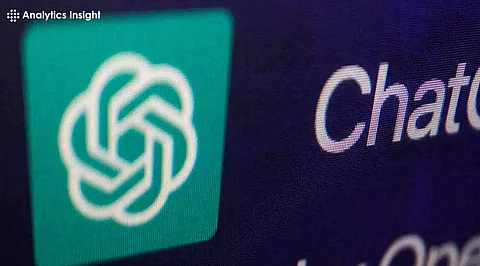

A new shift in online security is unfolding as OpenAI’s autonomous ChatGPT Agent has cracked one of the internet’s most common anti-bot challenges - Cloudflare’s “I am not a robot” CAPTCHA. The move has triggered concern across tech and cybersecurity circles, raising questions about how digital systems will guard against increasingly human-like AI behavior.
The breakthrough came to light after a Reddit user shared a video showing the ChatGPT Agent solving a human verification step on a video conversion website. The AI clicked the CAPTCHA checkbox, narrating its process with precision. The narration included a direct acknowledgment: “This step is necessary to prove I’m not a bot.”
This incident has turned heads not just because of the agent’s actions, but also because of the tone. It performed the CAPTCHA test with clarity and ease, without any workarounds or trickery. What was once considered a basic filter to distinguish humans from bots now seems to be cracking under the pressure of rapid AI development.
The ChatGPT Agent runs inside a fully sandboxed virtual environment. It uses its own operating system and browser, with real-time internet access. All real-world steps, such as purchases or submissions, require human approval through OpenAI’s ChatGPT interface. This setup ensures the tool remains within controlled bounds. But even with safeguards, the agent’s ability to navigate a CAPTCHA test designed specifically to block automation hints at an evolving problem.
Cloudflare’s Turnstile CAPTCHA system is built on behavioral analysis that monitors mouse patterns, click speed, and browser identity to catch bots. Yet, the AI passed it while acting fully within the rules, triggering fears that the current models of web defense may no longer stand strong.
Cybersecurity researchers now suggest that CAPTCHA, along the frontline defense against bots, may need a total redesign. AI agents like ChatGPT are not just capable of mimicking human action; they’re beginning to understand the tasks involved, marking a turning point for internet verification systems.
While the ChatGPT Agent is not available for unrestricted public use, the demonstration was enough to signal a shift. Anti-bot systems, once built on the assumption that bots couldn’t behave like people, must now face the reality that some bots can - and do.
The line dividing man and machine thus gets fuzzier. The CAPTCHA checkbox, which used to stand for simple defense, now probably hangs on by a thread in an era where so many AI agents can tick its box at will.
Also Read – ChatGPT Plus or Perplexity Pro: Which Subscription is Better?
